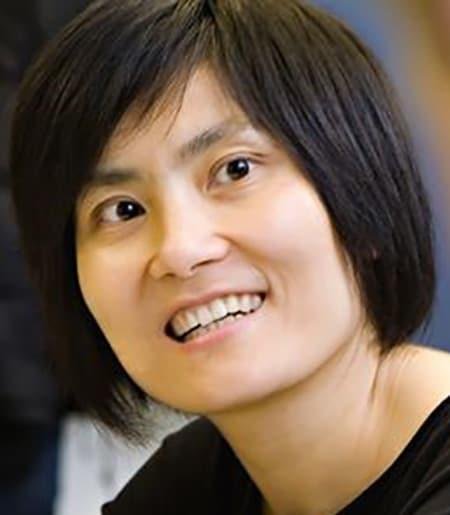Colloquium: Dr. Jane Wang (Cornell University)
Abstract: Why do animals move the way they do? Bacteria, insects, birds, and fish share with us the necessity to move so as to live. Although each organism follows its own evolutionary course, it also obeys a set of common laws. At the very least, the movement of animals, like that of planets, is governed by Newton’s law: All things fall. On Earth, most things fall in air or water, and their motions are thus subject to the laws of hydrodynamics. Through trial and error, animals have found ways to interact with fluid so they can float, drift, swim, sail, glide, soar, and fly. This elementary struggle to escape the fate of falling shapes the development of motors, sensors, and mind. Perhaps we can deduce parts of their neural computations by understanding what animals must do so as not to fall.
We have been seeking mechanistic explanations of the complex movement of insect flight.. Starting from the Navier-Stokes equations governing the unsteady aerodynamics of flapping flight, we worked to build a theoretical framework for computing flight and for studying the control of flight. I will discuss our recent computational and experimental studies of the balancing act of dragonflies and fruit flies: how a dragonfly recovers from falling upside-down and how a fly balances in air. In each case, the physics of flight informs us about the neural feedback circuitries underlying their fast reflexes.
"I am fascinated by the physics of living organisms, with a focus on understanding insect flight. How does an insect fly, why does it fly so well, and how can we infer its ‘thoughts’ from its flight dynamics? The movement of an insect is not only dictated by the laws of physics, but also by its response to the external world."
-Jane Wang
